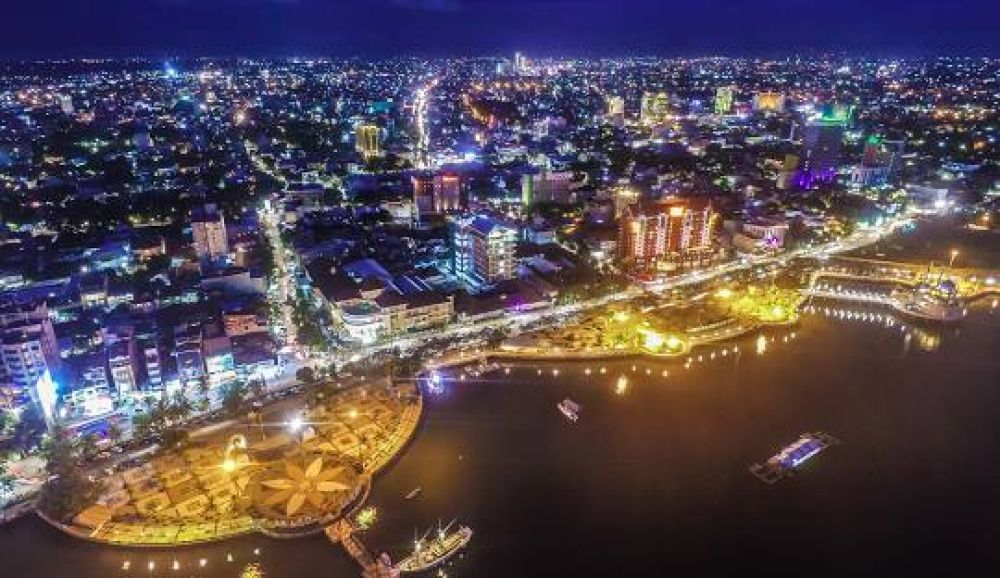

Makassar, also historically known as Ujung Pandang, is a vibrant city located on the southwest coast of the island of Sulawese, Indonesia. The timeline of Makassar as a tourist destination is deeply interconnected with its rich history and development as a port city.
The roots of Makassar’s interaction with foreign visitors can be traced back to its days as a bustling trading port. In the 14th century, Makassar became a key trading center for the spice trade. Its strategic location made it a hub for merchants from across Asia and Europe, particularly the Portuguese, Spanish, and Dutch. While this era can't be classified under modern tourism, it set the foundation for Makassar as a place accustomed to international visitors.
During the Dutch colonial period, Makassar was an important administrative center. This phase brought infrastructure and cultural exchange that would later contribute to its tourism industry. Various colonial buildings, forts, and artifacts from this time still attract history enthusiasts to Makassar.
In the years following Indonesia’s independence in 1945, Makassar went through a process of reinvention and rebuilding. As the nation’s economy began to stabilize, so did interest in domestic and international travel. By the 1970s and 1980s, Indonesia was actively promoting tourism as a means of economic development. During this period, Makassar started gaining recognition for its natural beauty, historical significance, and cultural richness.
In recent years, Makassar's tourism has evolved, with increasing emphasis on sustainable travel and cultural tourism. The city serves as the gateway to some of Sulawesi's main attractions, such as Tana Toraja, a highland region known for its unique culture and funeral ceremonies. Tourists also flock to the city for its beautiful coastal areas, culinary delights like Coto Makassar, and historical sites such as Fort Rotterdam.
The annual Makassar International Writers Festival is another attraction that has gained popularity, showcasing the cultural vibrancy of the city and attracting literary enthusiasts from around the world. Additionally, the government has been investing in improving infrastructure and facilities to better accommodate tourists.
With the ongoing global interest in off-the-beaten-path travel experiences, Makassar is poised to become an even more vibrant tourist destination. The local government is placing an emphasis on improving accessibility, with developments at Sultan Hasanuddin International Airport and enhancements in local transportation.
The tourism history of Makassar reflects its journey from a historic trade hub to a modern city balancing economic growth with cultural preservation. Through the centuries, the city has hosted visitors from around the world and continues to evolve its offerings to meet the tastes of modern global travelers.